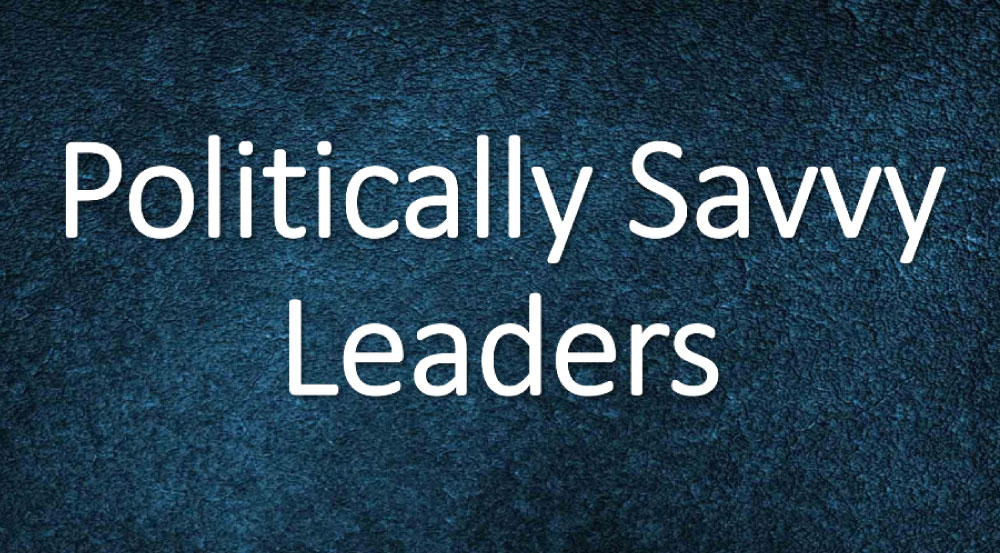
There is a strong quote from the early 20th Century that illustrates how economics and politics are inseparable. It goes something like this: “The worst illiterate is the political illiterate. He (the political illiterate) doesn’t hear, speak, or participate in political events. He doesn’t know that the cost of life, the price of food, rent, shoes, and medicine all depends on political decisions. The political illiterate is so stupid that he brags about how much he hates politics. He doesn’t know that from his political ignorance is born the prostitute, the abandoned child, and the worst thief of all, the bad (corrupt) politician…”
While I believe people and organizations that are locked into partisan politics do themselves and their members a disservice – avoiding politics altogether is worse. Being non-partisan means that you don’t have an automatic bias or affiliation with one political party over another, which is good, but it is not the same as being apolitical, which means that you don’t participate in political discourse at all. You can be non-partisan and still voice your political preferences. At NAHREP, we value members who are politically active. We need strong representation at the highest levels of both parties. We need influence regardless of who is in power, and you don’t get that by being apolitical. The Jewish community is a great case study. They may disagree amongst each other on many things politically, but when it comes to the things that really matter, such as prosperity, education, and civil rights, they tend to be pretty well-aligned with one another. We need to borrow a chapter from that book.
Regardless of political persuasion, most people think the rhetoric of politics has gotten out of control. If you believe that, as I do, there IS something you can do about it. You can ask yourself whether you are helping or hurting the situation. I like to say that there are two types of people in the world: people who add stress and people who relieve stress. I think similarly, some people are adding to the political spectacle in the country, and others are at least trying for something better.
Gary's Blog will return next week.
This past week, the National Association of Realtors invited me to participate in a meeting with the NAR leadership and Jonathan Kanter, the Assistant Attorney General of the United States.
